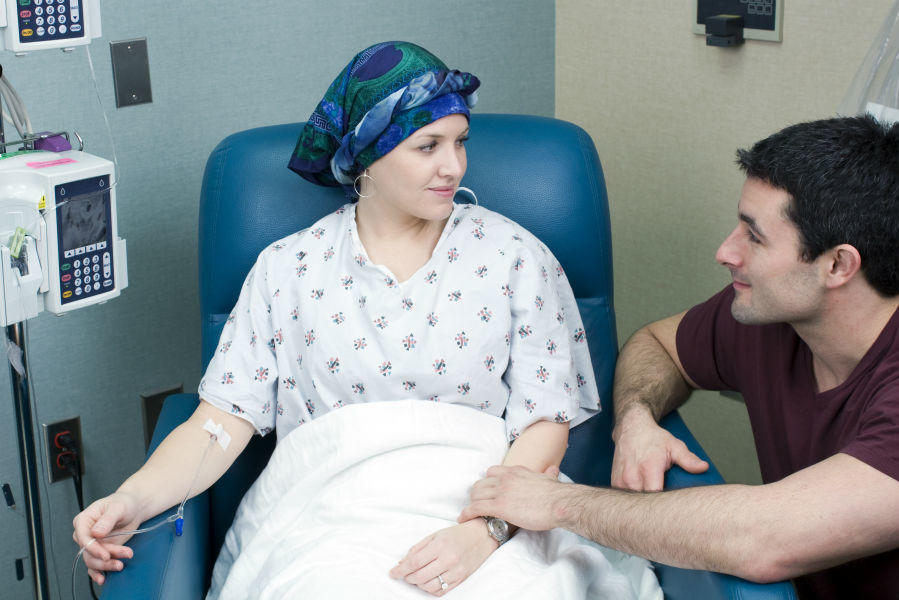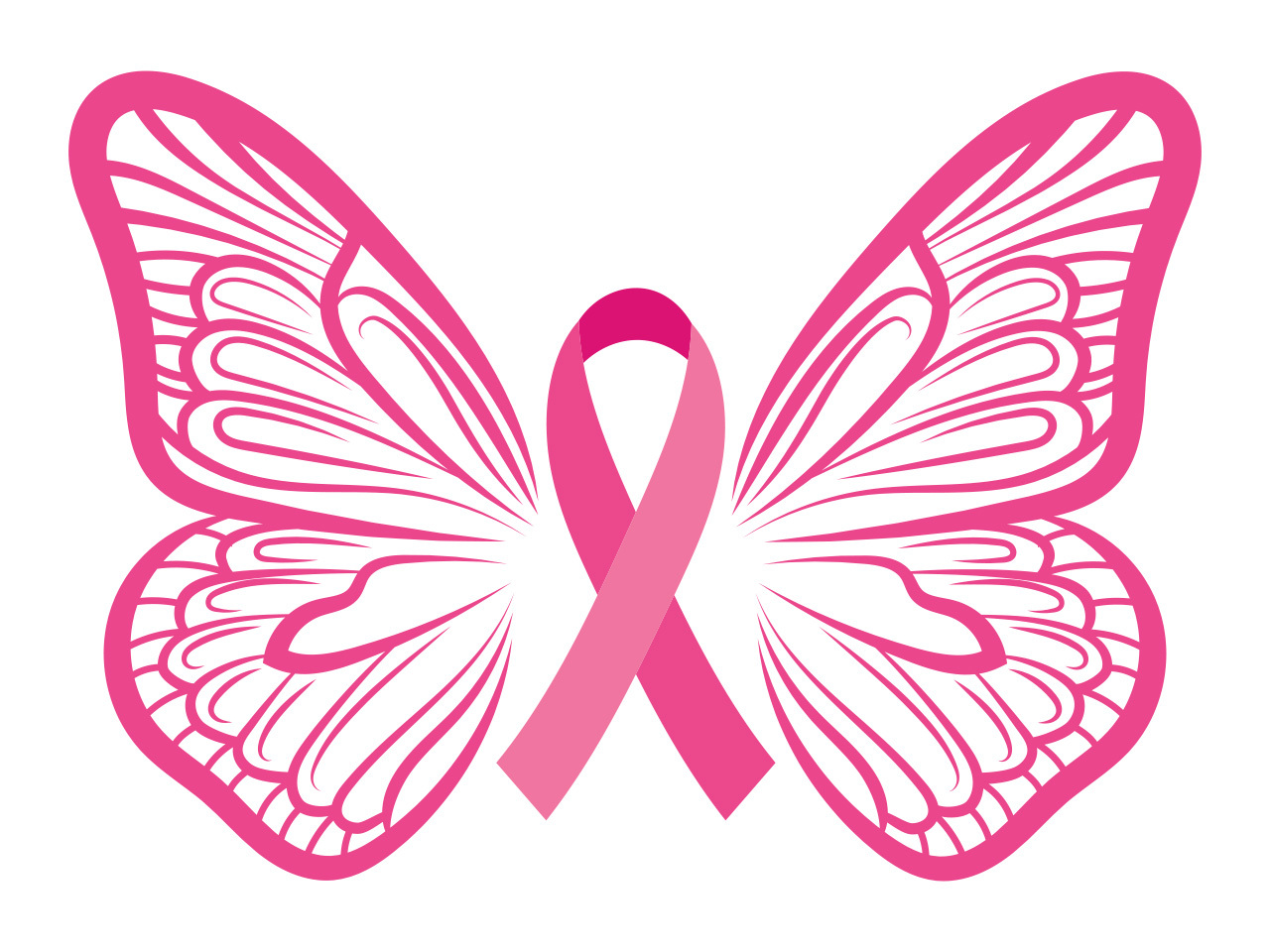
1. Introduction to PrEP and its significance
PrEP (pre-exposure prophylaxis) represents a major advance in the fight against HIV, its introduction revolutionized prevention methods and brought about a fundamental change in the way we control the spread of the disease. As an HIV prevention strategy, it has been shown to be effective in reducing the risk of this disease.
PrEP (pre-exposure prophylaxis) represents a major advance in the fight against HIV, its introduction revolutionized prevention methods and brought about a fundamental change in the way we control the spread of the disease. As an HIV prevention strategy, it has been shown to be effective in reducing the risk of this disease.

2. How PrEP works
PrEP is available as a daily pill that can significantly reduce the risk of HIV infection. Studies have shown that it is up to 99% effective in preventing HIV through sexual intercourse when taken regularly. It mainly serves high-risk groups, including people with HIV-positive sexual partners, those who have multiple sexual partners, or those who do not use condoms regularly. It can also protect drug users in addition to sexual contact, reducing their vulnerability by up to 74%. The pill contains two drugs, emtricitabine and tenofovir, which work by blocking enzymes that HIV needs to reproduce, thereby protecting uninfected cells.
3. Limitations of PrEP
However, it is important to note that while PrEP is highly effective in preventing HIV, it does not protect against other sexually transmitted infections and does not work as a contraceptive. Therefore, it is important to continue to use condoms alongside PrEP to ensure full protection. Importantly, it does not cure HIV, only help prevent it. It is generally well tolerated, although there are mild side effects such as nausea.
4. Impact and significance of PrEP
This is a breakthrough in medical science and a victory in the fight against HIV, bringing hope to millions of people. But as we embrace this innovation, we cannot ignore the importance of education and continued efforts to eliminate the stigma and discrimination associated with HIV.







